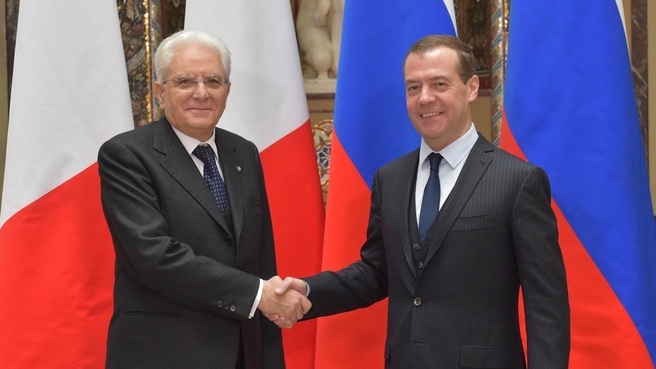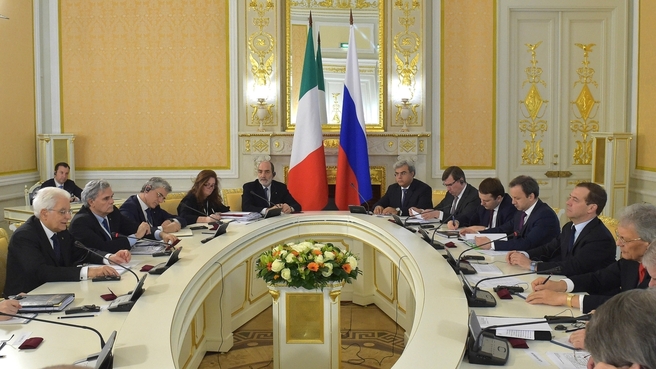Approval of a list of countries whose citizens can benefit from simplified entry procedures to Russia at checkpoints at the Free Port of Vladivostok
A list of 18 countries has been approved whose citizens can obtain electronic single entry business, tourist or humanitarian visas when entering the Russian Federation through checkpoints at the Free Port of Vladivostok. This initiative is aimed at enhancing the investment appeal of the region and expanding business ties by facilitating projects involving foreign companies, and attracting more foreign tourists.
Reference
Submitted by the Ministry for the Development of the Russian Far East.
The Federal Law No. 114-FZ dated 15 August 1996 Procedures to Enter and Exit the Russian Federation have been amended per Federal Law No. 28-FZ dated 7 March 2017 to simplify visa procedures for foreign nationals arriving in the Russian Federation through border checkpoints located within the Free Port of Vladivostok.
It has been established that the Russian Government shall determine the countries whose nationals are to be granted e-visas when entering Russia through checkpoints at the Free Port of Vladivostok.
The signed directive contains an approved list of 18 countries: Algeria, Bahrein, Brunei, India, Qatar, People’s Republic of China, Democratic People’s Republic of Korea, Kuwait, Morocco, Mexico, United Arab Emirates, Oman, Saudi Arabia, Singapore, Tunisia, Turkey and Japan.
The citizens of these countries shall benefit from simplified procedures when obtaining visas of up to 30 days with a period of stay in the Russian Federation not exceeding eight days. These visas can be executed as e-documents.
The initiative to introduce simplified visa procedures for checkpoints at the Free Port of Vladivostok for foreign nationals from the listed countries is aimed at enhancing the investment appeal of the region and expanding business ties by facilitating projects involving foreign companies, and attracting more foreign tourists.

